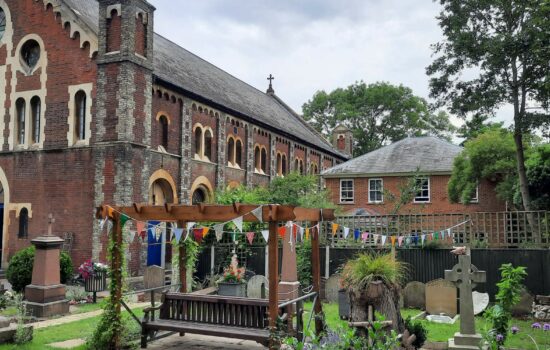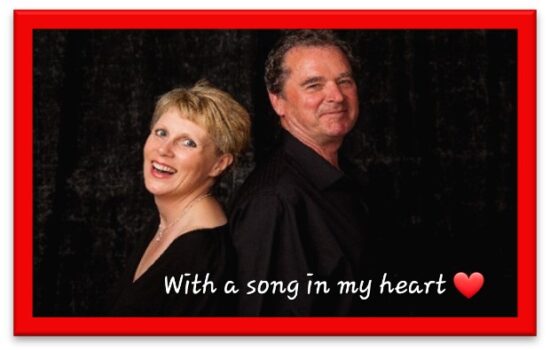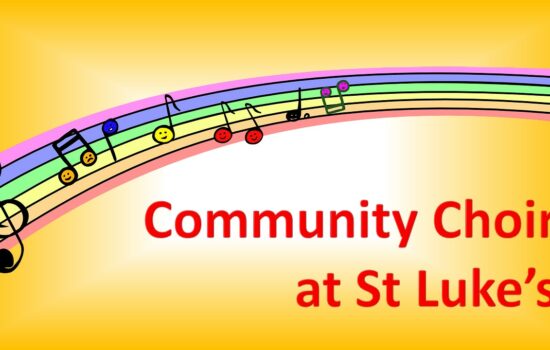
Revd Liz reflects on how we can embrace the changing world in which we live
Dear Friends
As far as I’m aware, the Green Goddess started as a pop-up bar in the grounds of Charlton House during the pandemic when people weren’t allowed to socialize indoors. It now has its own premises in what was Barclays Bank at Blackheath Standard. I went for the first time last week.
Decades ago! I used to be a barmaid in pubs in Merseyside. And I couldn’t help thinking how different the culture is in a modern bar with its own brewery from the old style pubs that I used to work in. Décor, opening times, the availability of food, furnishings, the range and quality of drinks on offer, the expertise of the bar staff, the idea of being able to sample before you buy, bars’ relationship with social media, strong commitment to good customer service, family-friendliness, the availability of board games, the freedom to open flexibly, at times that are best for business. A rejection of unwritten rules that pubs must be open 7 days a week.
There are now more churches than pubs in the UK – a quarter of all pubs have closed in the last decade and they continue to close at the rate of 50 a month. So it’s not surprising that a lot of people in the bar / pub / brewery business are changing the way they do things. They’re adapting to a changing world, to altering expectations and to different lifestyles.
The wine at the Green Goddess was good and the staff couldn’t have been more friendly and helpful. Personally I’m not sure the vibe at the Green Goddess is for me. But the place was full and everyone seemed to be having a good time (including the staff). So it’s obviously hitting the right note for lots of people.
It made me think about church and our need to adapt to a changing world as well. Perhaps new ways of doing things might not suit us personally. But if they suit other people, isn’t that what’s important? If it means more people have an opportunity to discover the love of God, do we have any right to stand in the way? After all, we can have more than one way of being church.
A lot of the things about how we do church are actually about style and culture, they are not fundamental to our faith. If we make a God of style, rather than seeing style as something God can use to reach people unreached before, then we may well be blocking the movement of the Holy Spirit.
In 1 Corinthians 9, Paul says this
To the Jews I became as a Jew, in order to win Jews. To those under the law I became as one under the law (though I myself am not under the law) so that I might win those under the law. To those outside the law I became as one outside the law (though I am not free from God’s law but am under Christ’s law) so that I might win those outside the law. To the weak I became weak, so that I might win the weak. I have become all things to all people, so that I might by any means save some.
Developing new ways of being church that look less like traditional church means accepting that nothing stays the same and that in a changing world there will be altering expectations and different lifestyles that need new approaches. The message remains the same, but the style needs to vary, or we risk missing people who may be open to the message, but just don’t find ‘traditional’ suits them.
In our Mission Action Plan, we have committed to ‘develop different ways of being church’. Messy Church is one example of what’s happening already. And these new ways must always be based on careful listening to local people and understanding the area we live in. Let’s pray God will help us ‘be all things to all people’ as Paul put it 2,000 years ago.
Much love, Liz






